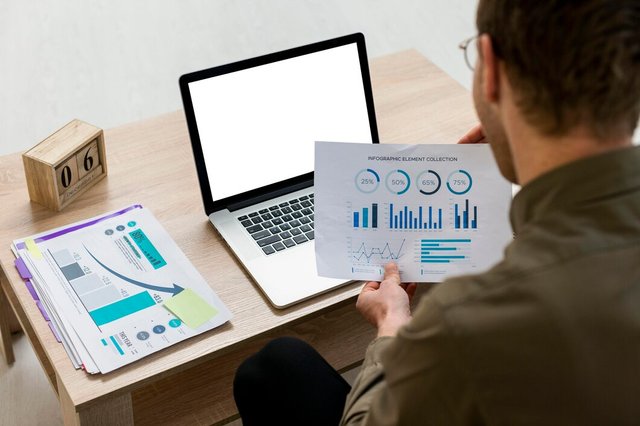SLC | S21W1 | Costs for entrepreneurs - Introduction to cost.

Cost refers to all the money spent in producing goods or services, whether it be in buying materials, paying workers, and keeping the lights on. It's everything that goes toward building your product. For a founder, costs will just be like gas in the tank; without these, there wouldn't be a moving business.
Now, costs are a big deal because they’re an investment. You spend money today hoping it comes back tomorrow with friends (a.k.a. profits). It’s the necessary evil that makes your dreams possible.
Now, do not get those costs mixed up with expenses! That is the cost of producing your actual product, not those dastardly payments that have nothing to do with production, like tax or your accountant's addiction to coffee.
The secret sauce for growth is managing costs smartly. Keep them in check and you are marching into long-term success!
The terms "costs" and "expenses" are usually confused but have two different meanings in business operations.
Costs are directly associated with the production of goods or services. These are investments that are expected to bring profit. Examples include raw materials, labor input into manufacturing, and machinery.
Costs are payments made by the business for something necessary to run the business itself but not directly associated with producing the product. Think of administrative salaries, supplies for the office, and marketing.
Real Life Example: Coffee Shop Proprietor
Think about a coffee shop proprietor who is named Sarah. Consider her business:
- Costs in her business consist of coffee beans, milk, sugar, and wages to the baristas making that coffee. These costs go directly to the product; it's the coffee.
- The costs include rent for the shop, utility bills, and administrative staff salaries. These are not costs that affect coffee production but are required to sustain the business.
Using cost and expense differentiation, Sarah can successfully manage her budget with all investments in the product being profitable while keeping control over operational expenses.
Good cost determination is the backbone of any business looking to thrive and grow. It helps entrepreneurs understand the financial health of their operations and make informed decisions. Accurate determination of costs improves pricing strategies, profitability, and sustainable growth for businesses. Here are some key benefits of effective cost determination:
Higher Profitability: With the determination of the correct cost associated with the delivery of goods or services, it is likely that companies set prices that allow for a good profit margin for business operations.
Strategic Decision Making- The right cost data enable entrepreneurs to make strategic, and thus it will be known if business operations should expand, cut costs, and whether new products can be made.
Budget Management: Knowing business costs explains the right budget with less wastage or misuse of resources among different units.
Identifies Savings Opportunities: A further cost analysis might indicate where reductions can be realized in order to come up with an overall efficiency.
With the deep determination of the cost, companies position themselves well enough to become successful and navigate the intricacies of the marketplace with greater confidence.

I calculate my business cost by gathering all the receipts and invoices, which simply serve as a treasure map for my spending. I then classify costs as fixed and variable. Fixed costs are like that roommate who never pays the rent but always eats your snacks; they are those bills that stay the same, such as rent or insurance.
Then, I follow variable costs, which can change with the levels of production. Think of it like your favorite soap opera. Sometimes you get dramatic twists in the storyline, and it might be like one day when the price of coffee went up overnight.
If I did not want to be a businessperson, I would play the lemonade stand as if it were a lemonade stand. I would track down how much I spend in lemons, sugar, and cups. That's how I would learn my cost controls and hopefully run out of pocket money again for the next adventure.

Adieu, folks!
May the winds of fortune
carry you to greatness!
May the winds of fortune
carry you to greatness!


Greetings @artist111
1.- You have given us your perception about costs and how important their good management is for a successful business. Knowing how to make good use of them will result in the desired profitability margins.
2.- You have established differences between costs and expenses, exemplifying through a cafeteria. Everything that is involved in production is part of the costs of the product or service.
3.- You have shared with us the importance of costs for the profitability of a business, and how a good management of them can help to have a solid business.
4.- You have told us about some of the costs you include in the management of your business, however, we would have liked to see an example through a calculation table in which you determine the cost of a product or service.
Thanks for joining the contest
Your examples are very realistic and show the importance of cost in our daily life. Excellently presented. Good luck for the contest.